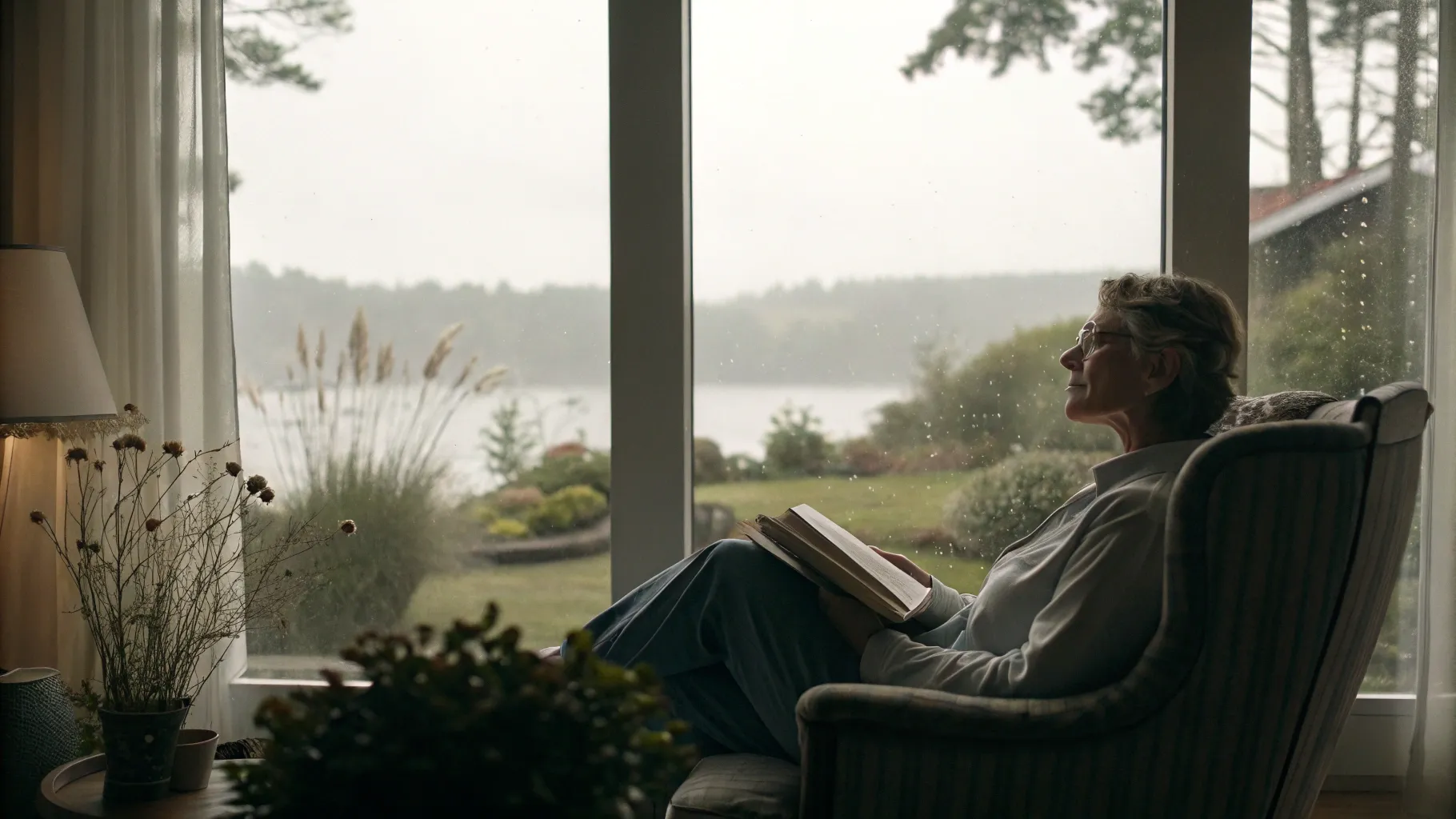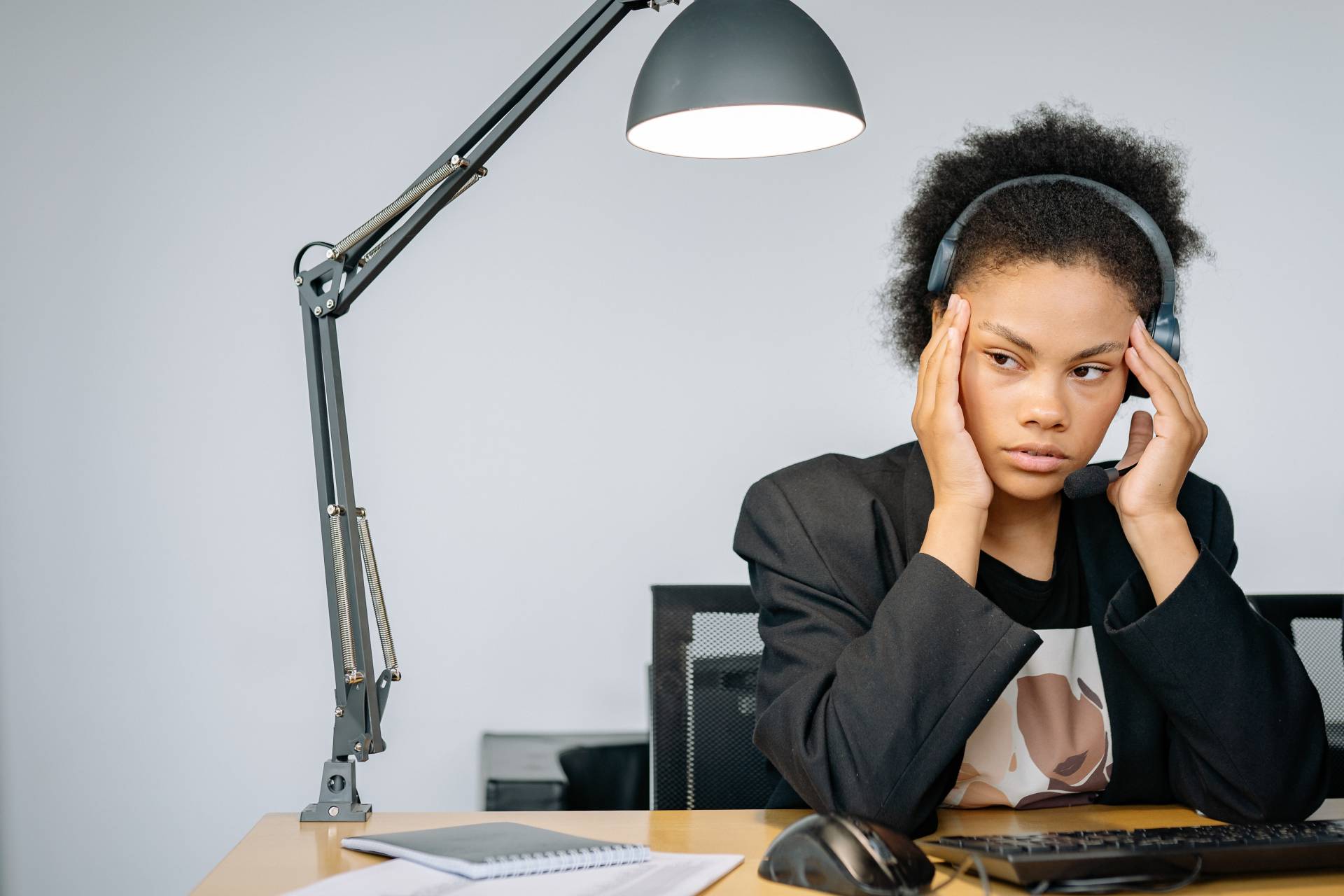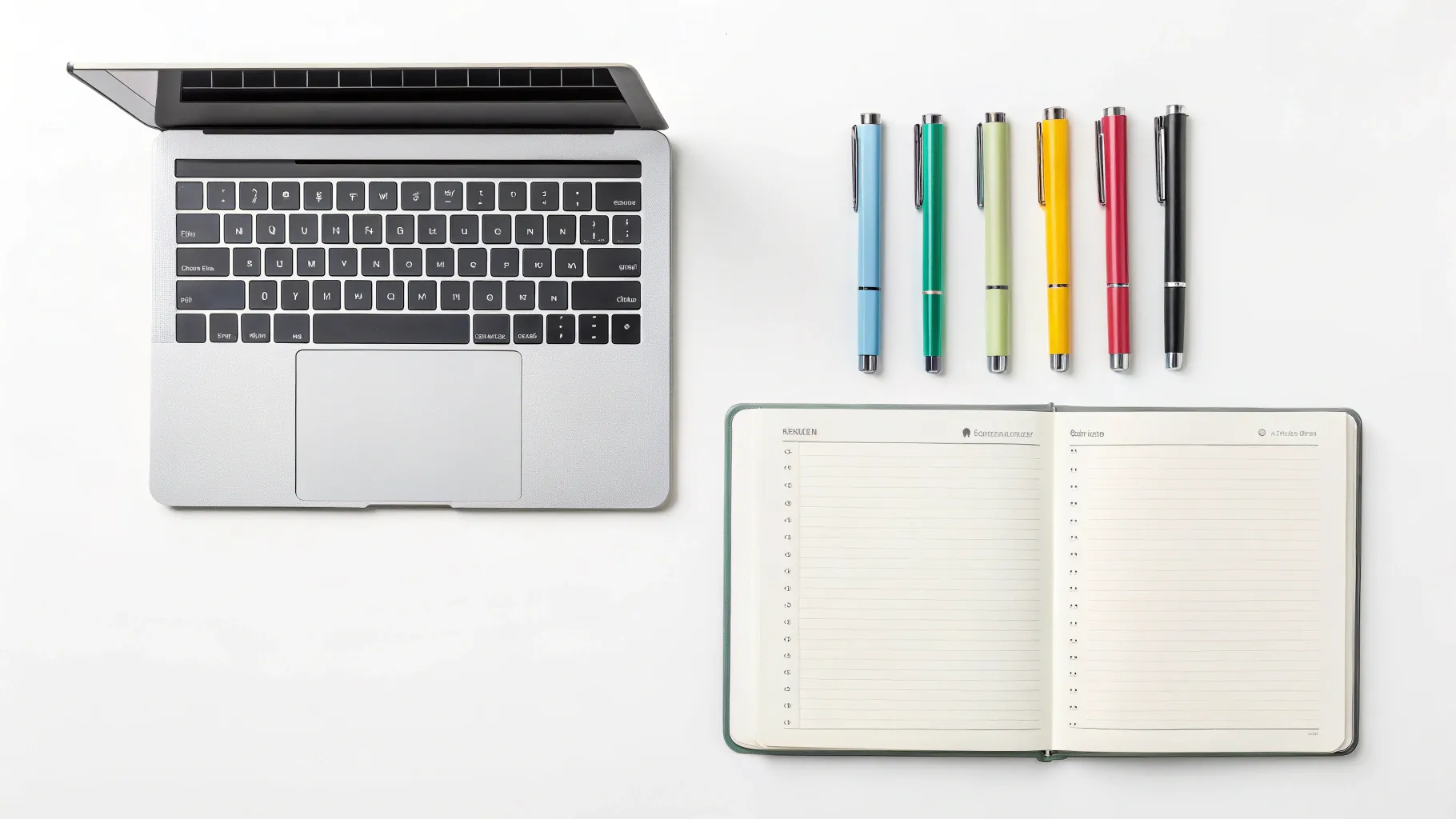
Matt D’Avella’s recent experiment of quitting the news for a year has prompted me to think about my own media consumption habits. His journey resonated with me because, like many, I’ve been conditioned to believe that staying informed is a civic duty. But what if that’s just clever marketing by news outlets?
When Matt impulsively decided to cut out news completely—no social media news feeds, no Reddit, no compulsive New York Times refreshing—he discovered something profound that challenges our collective assumptions about being “informed citizens.
Breaking Free from the Anxiety Cycle
The most striking revelation from Matt’s experiment was how his anxiety levels decreased significantly after quitting the news. This makes perfect sense when you consider the negativity bias built into modern news reporting. As Sam Corcos, whom Matt interviewed, bluntly put it: “News is poison for my mind and my attention.”
I’ve noticed this pattern in my own life as well. Those days when I’ve been glued to breaking news or political commentary often leave me feeling drained, anxious, and paradoxically, less equipped to take meaningful action in my own sphere of influence.
The news industry has pulled off one of the greatest psychological tricks of our time: convincing us that consuming their product is our civic responsibility. But what tangible benefits do we actually gain from knowing about every tragedy worldwide?
The Opportunity Cost of News Consumption
What struck me most about Matt’s experiment was the revelation of opportunity cost. When he stopped consuming news, he didn’t become less informed about significant events. Instead, he gained time for more enriching activities.
Consider these alternatives to news consumption:
- Reading books that provide deeper context and understanding
- Focusing on personal growth and relationships
- Taking action on things within your control
- Developing skills that improve your life and the lives of others
Sam Corcos mentioned that after quitting the news 11 years ago, he now reads about two books per week. Matt similarly found himself with more time for audiobooks and deeper learning. This shift from shallow, anxiety-inducing news to more in-depth, thoughtful content appears to be a noticeable upgrade.
The Misinformation Paradox
One of the most compelling points Matt raises is how news consumption often leaves us with a distorted view of reality. Despite consuming more information than any previous generation, many people believe the world is getting worse, when objective data shows the opposite.
The news is technically true but it leaves you with an understanding of the state of the world that is inaccurate.
This misinformation paradox is fascinating to me. We think we’re becoming more informed, but we’re actually developing a warped perception of reality. Books like “Factfulness” by Hans Rosling and “The Better Angels of Our Nature” by Steven Pinker demonstrate how things are improving at an unprecedented rate in human history—yet news consumers often believe the opposite.
Finding Balance in a News-Saturated World
I’m not suggesting we should all completely disconnect from current events. Quality journalism that holds power accountable serves an important function in society. But there’s a vast difference between thoughtful, periodic consumption of well-researched journalism and the addictive, anxiety-inducing habit of constant news checking.
Matt’s experiment showed that even without actively seeking news, important information still found its way to him. He scored 66% on The New York Times quiz about major events, despite not deliberately consuming any news for a year.
This suggests we can be reasonably informed without the harmful effects of news addiction. The key is being intentional about our media diet rather than being passive consumers of whatever grabs our attention.
A Challenge Worth Considering
After reflecting on Matt’s experiment, I’m inspired to be more mindful about my own media consumption. Perhaps we don’t need to quit cold turkey, but we can certainly ask better questions about what we consume:
- Does this information help me take meaningful action?
- Is this content making me more anxious or more effective?
- Could I be spending this time on something more enriching?
The next time you feel the urge to check the news, consider what you might do with that time instead. Could you read a chapter of a book? Have a meaningful conversation? Work on a project that matters to you?
As Matt discovered, the world keeps turning even when we’re not watching. And we might just find ourselves happier, less anxious, and paradoxically, better informed about what truly matters when we step off the news treadmill.











Angela Ruth
My name is Angela Ruth. I aim to help you learn how Calendar can help you manage your time, boost your productivity, and spend your days working on things that matter, both personally and professionally. Here's to improving all your calendars and becoming the person you are destined to become!